
Islamic law, or Sharia, is often perceived primarily as a set of legal rules and regulations governing the lives of Muslims. However, at its core, Sharia is deeply intertwined with spirituality, aiming not only to regulate external behavior but also to nurture the inner spiritual life of believers. In Islam, the legal and spiritual dimensions are not separate; rather, they are integrated in a way that allows the law to serve as a pathway to spiritual growth and closeness to Allah.
Sharia encompasses two essential dimensions: the outer (Zahir) and the inner (Batin). The outer dimension pertains to the explicit legal rulings that govern actions, such as prayer, fasting, charity, marriage, and commercial transactions. These rulings are derived from the Qur'an, Hadith (sayings and actions of the Prophet Muhammad, peace be upon him), consensus of scholars, and analogical reasoning.
The inner dimension, on the other hand, concerns the spiritual significance and intentions behind these actions. It focuses on the purification of the heart, the development of virtues such as sincerity (Ikhlas), humility, and reliance on Allah (Tawakkul), and the cultivation of a deep, personal connection with the Divine.

In Islam, legal rituals like Salah (prayer), Sawm (fasting), Zakat (charity), and Hajj (pilgrimage) are not mere formalities but are infused with profound spiritual meanings. These acts of worship serve as tools for spiritual purification and self-discipline, helping believers to transcend their worldly concerns and draw closer to Allah.
In Islamic law, the importance of Niyyah (intention) cannot be overstated. Every act, whether it is an act of worship or a mundane activity, is judged by the intention behind it. This principle, derived from the Hadith, "Actions are but by intentions," underscores the spiritual dimension of Sharia, where the inward state of the heart is as crucial as the outward compliance with the law.
For instance, the simple act of earning a livelihood becomes a spiritual act if done with the intention of fulfilling one's duties to family and society. Similarly, even legal rulings related to social interactions, such as marriage and business contracts, have spiritual implications when conducted with integrity, honesty, and a sense of accountability to Allah.
The Maqasid al-Sharia or the objectives of Islamic law, further highlight the spiritual essence of Sharia. The primary objectives of Sharia include the preservation of religion (Din), life (Nafs), intellect (Aql), lineage (Nasl), and property (Mal). These objectives are not only legal safeguards but also serve as foundations for a spiritually fulfilling life.
Islamic legal ethics, or Akhlaq, are deeply connected to spirituality. Ethical conduct in all aspects of life—business, family, social interactions—reflects one's spiritual state and commitment to Islamic values. The Prophet Muhammad (peace be upon him) emphasized the importance of good character, stating, "The best among you are those who have the best manners and character."
In Islamic jurisprudence, ethical considerations often guide legal rulings, ensuring that the law serves not only to regulate behavior but also to promote spiritual growth and moral excellence.
Spirituality in Islamic law is not a separate or secondary aspect; it is the very essence of Sharia. The legal framework provided by Sharia is designed to facilitate a life that is in harmony with both the external world and the inner spiritual journey. By fulfilling legal obligations with the correct intentions and understanding the spiritual significance behind them, Muslims can use Islamic law as a means to attain closeness to Allah, purify their hearts, and live a life of meaning and purpose.
In this way, Islamic law transcends mere legalism, offering a holistic path that integrates both the body and the soul, the outer actions, and the inner states, leading to a harmonious and spiritually enriched life.

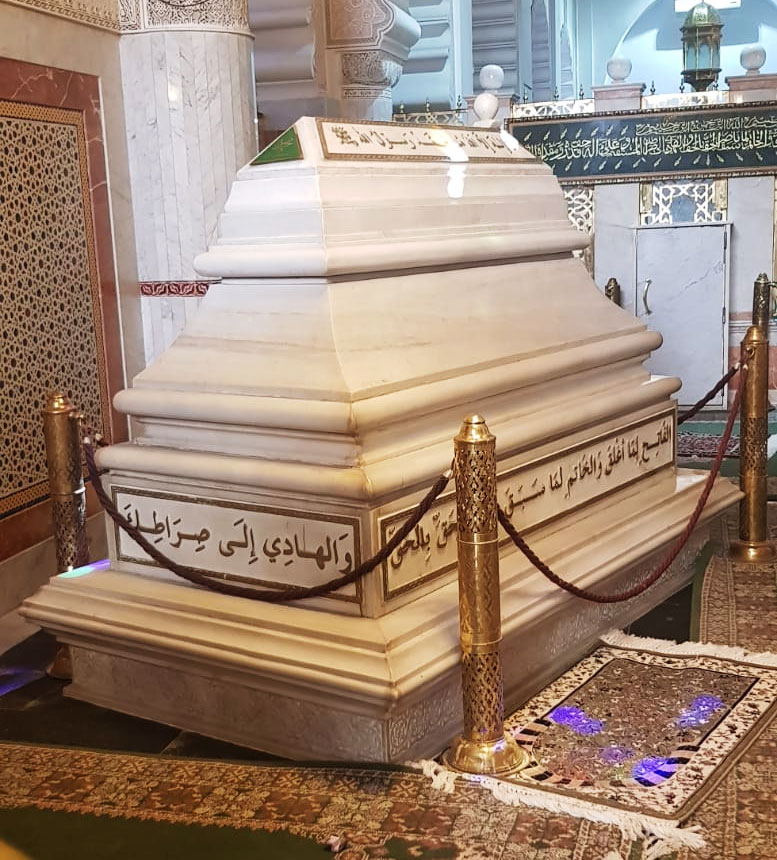

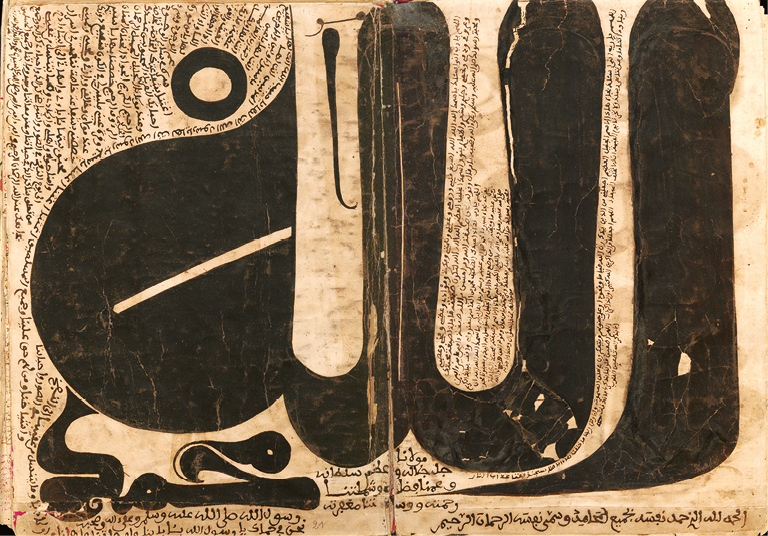
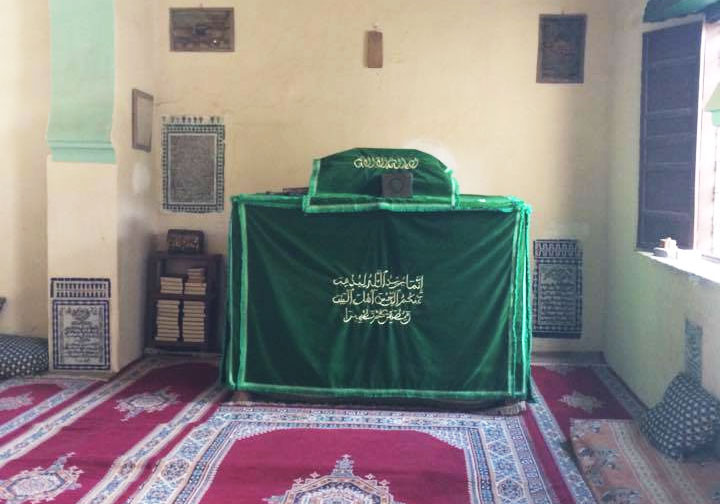

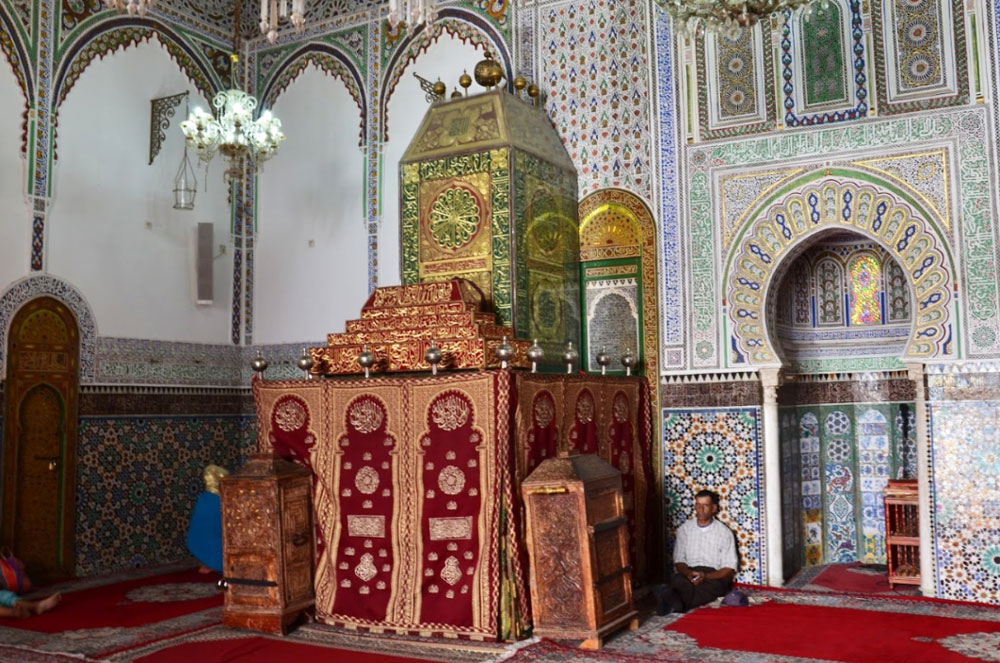
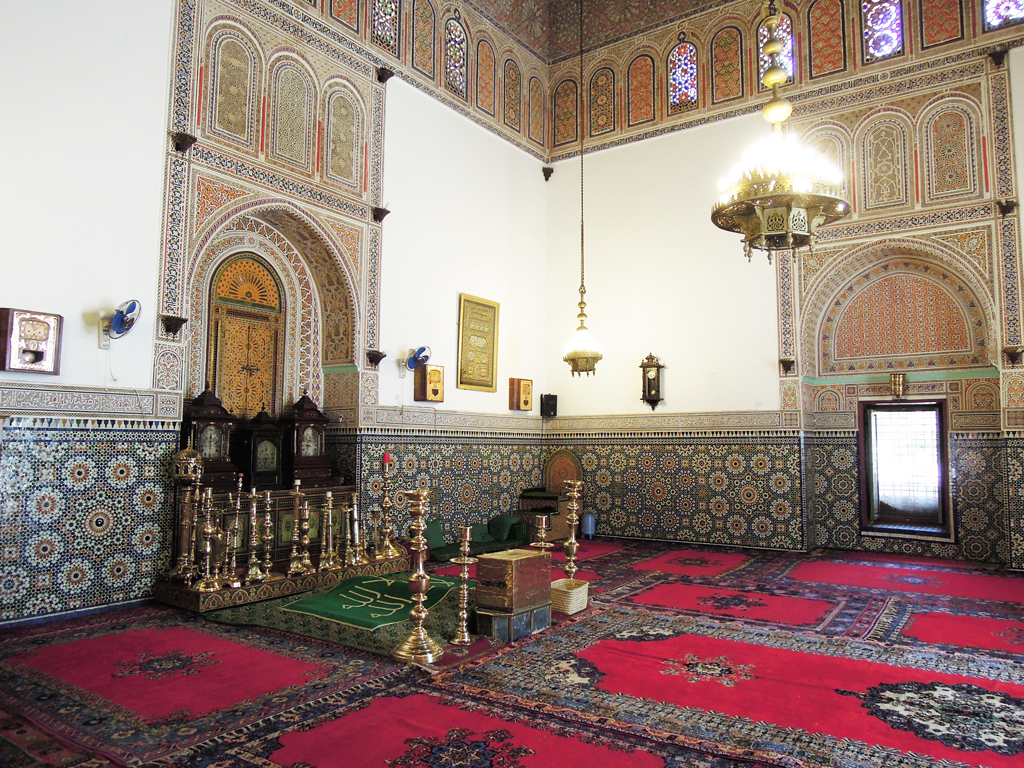





























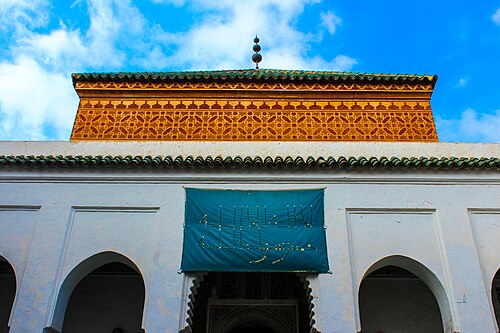
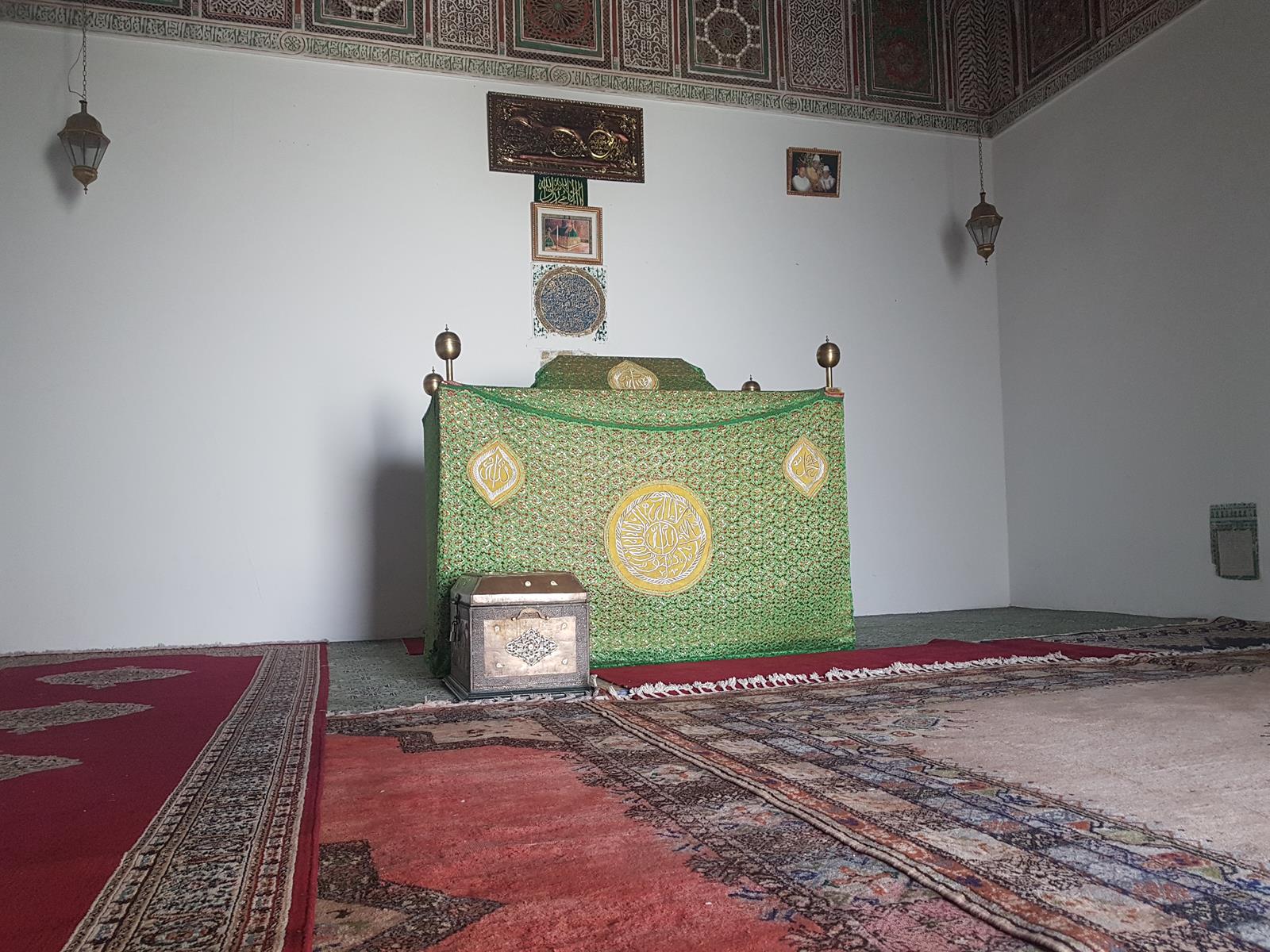




Find all our meditations on the Nur App!
Experience tranquillity through Qur'anic recitations and meditations on our Nur App and develop healthy spiritual routines to maintain your God-given Nur (light).
